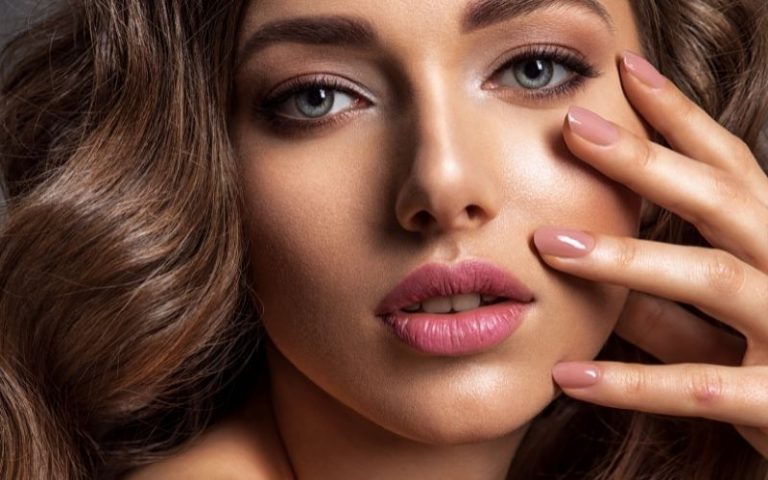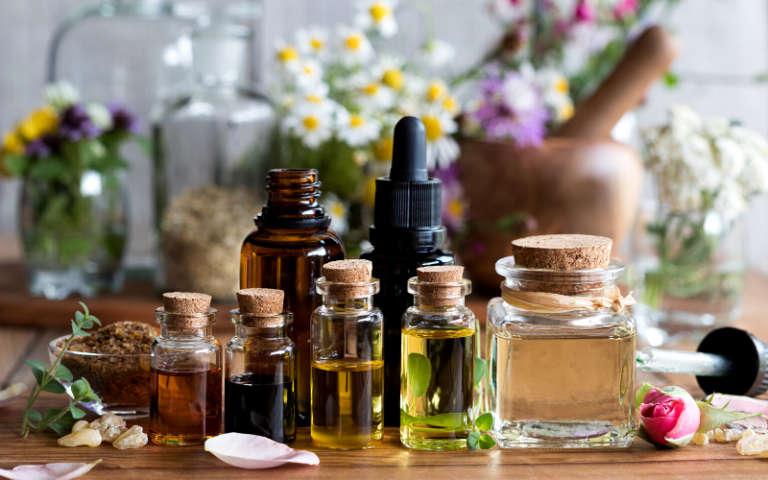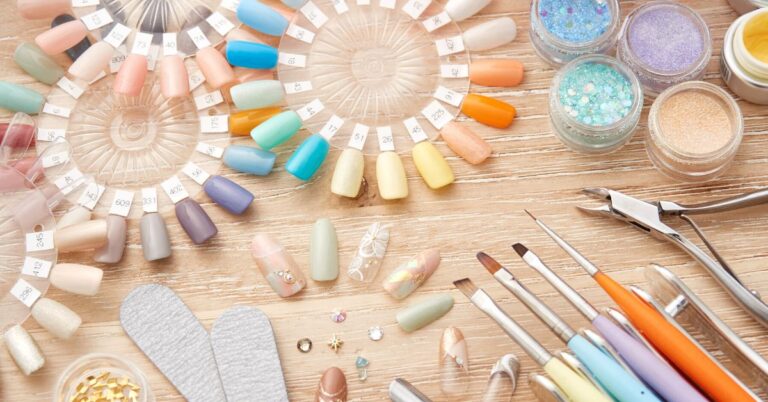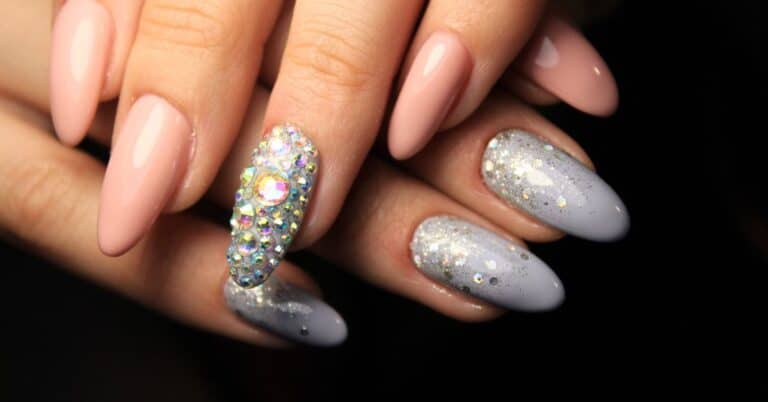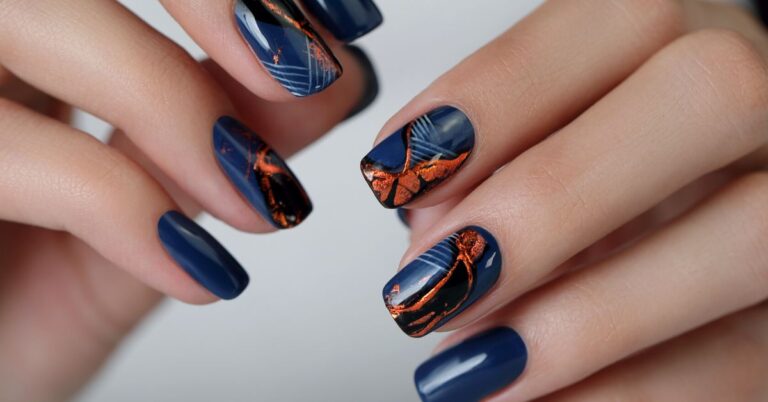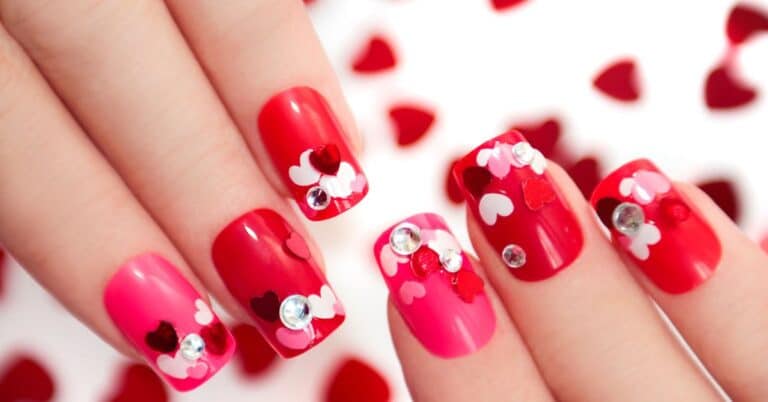Nail Biting 101: Understanding The Problem And Finding A Solution

Long nails are essential to try out creative and unique nail art designs. They are always impressive and add an extra touch of elegance to your fingers. However, if you have a habit of biting your nails, achieving the desired look naturally can take time and effort.
Nail biting, also known as onychophagia, is a common issue that affects 20-30% of the population. This habit can cause damage to the nails, cuticles, and surrounding skin and increase the risk of germs and infections.
Additionally, excessive nail picking can lead to uneven nails, which can be unappealing and embarrassing. With dedication and the right approach, you can overcome this habit and achieve the long nails you desire for your nail art designs.
Table Of Contents
- Understanding The Causes Of Nail Biting
- How To Avoid The Identified Trigger Points
- Finding Healthy Alternatives To Biting Nails
- Make It Possible
Understanding The Causes Of Nail Biting
What is the importance of understanding the underlying cause? Discovering the reasons can help you identify the trigger points that may be contributing to this behavior. Shortlisting and analyzing the causes will help us develop a plan to overcome them.
- People usually bite or chew their nails to release their tension or anxiety.
- Some may pick their nails when they are bored or have nothing to do.
- Scientifically, nail biting disorder can be a sign of a lack of certain nutrients such as iron, zinc, and vitamins B and D.
- This habit sometimes runs in families and may be linked to certain genetic factors.
How To Avoid The Identified Trigger Points
After shortlisting the potential triggers, the next procedure is taking the initiative to avoid them in any way.
If anxiety or stress is the reason why you pick your nails, you can try exercises, meditation, yoga, or writing to reduce the stress and bring your mind under control. Always keep your hands occupied with some activities, such as knitting, drawing, or playing with a stress ball.
You can try bitter-tasting nail polish if you habitually chew your nails while watching TV or listening to classes. The idea may seem childish, but it works better than any other option. Otherwise, cover your nails with tape. Tapes protect your nails from attack.
The next idea is clipping your nails to a shorter size. If you continue to have the urge to munch your nails, it is best to seek help from a therapist or counselor. Cognitive Behavioral Therapy (CBT) helps you identify and address any underlying emotional issues.
Sometimes, we need emotional support to break some habits. Share your thoughts with your therapist, and be patient and encouraged if you slip up.
Finding Healthy Alternatives To Biting Nails
Healthy alternatives can be effective in preventing this compulsive behavior, as they provide a physical outlet for restlessness and anxiety. They help you keep your hands and mouth occupied for some time.
Try stress balls, fidget spinners, or fidget cubes that help you improve your concentration. Do you remember the pen game from your school days? Try that too. Keep a pen or pencil handy and play with it when you feel the urge to bite your fingernails.
Keep your mouth engaged by chewing gummies. Keep healthy snacks such as fruits, vegetables, or nuts within reach to munch on instead of biting your nails.
If you are a beauty conscious girl, spend some time on nail care. Try nail arts like flame nails, butterfly nails, etc. Think about the time and money that you spent on these designs. Then, you won’t feel like biting your nails.
Finally, try some psychological moves. Dip your nails in salt, rub jalapeno on your nails, or think about the side effects.
Make It Possible
By understanding the causes, identifying the triggers, and using the tips and tricks outlined above, you can successfully change this habit and enjoy healthy, beautiful nails.
FAQs
Q: Can nail biting lead to any serious health issues?
A: While nail biting itself is not a serious health problem, it can lead to other issues such as infection, damaged nails, and even dental problems if the habit is not controlled. It may also lead to a psychological condition called dermatophagia, in which a person compulsively chews, bites, or eats his skin.
Q: Can nail chewing habits be a symptom of a larger underlying condition?
A: Yes, in some cases, this habit can be a symptom of a larger underlying condition such as obsessive-compulsive disorder (OCD) or body-focused repetitive behavior (BFRB).
References
- What’s Responsible For Nail Biting, And How To Treat It: https://www.healthline.com/health/why-do-people-bite-their-nails
- Can I Get Sick From Biting My Nails?: https://www.cedars-sinai.org/blog/stop-nail-biting.html
- The Psychology Behind Nail Biting: https://www.news-medical.net/health/The-Psychology-Behind-Nail-Biting.aspx
- How To Stop Nail Biting: https://www.verywellhealth.com/nail-biting-5214047
- Here’s How To Stop Nail Biting Once And For All, According To Medical Experts: https://www.goodhousekeeping.com/health/a32802906/how-to-stop-nail-biting/
